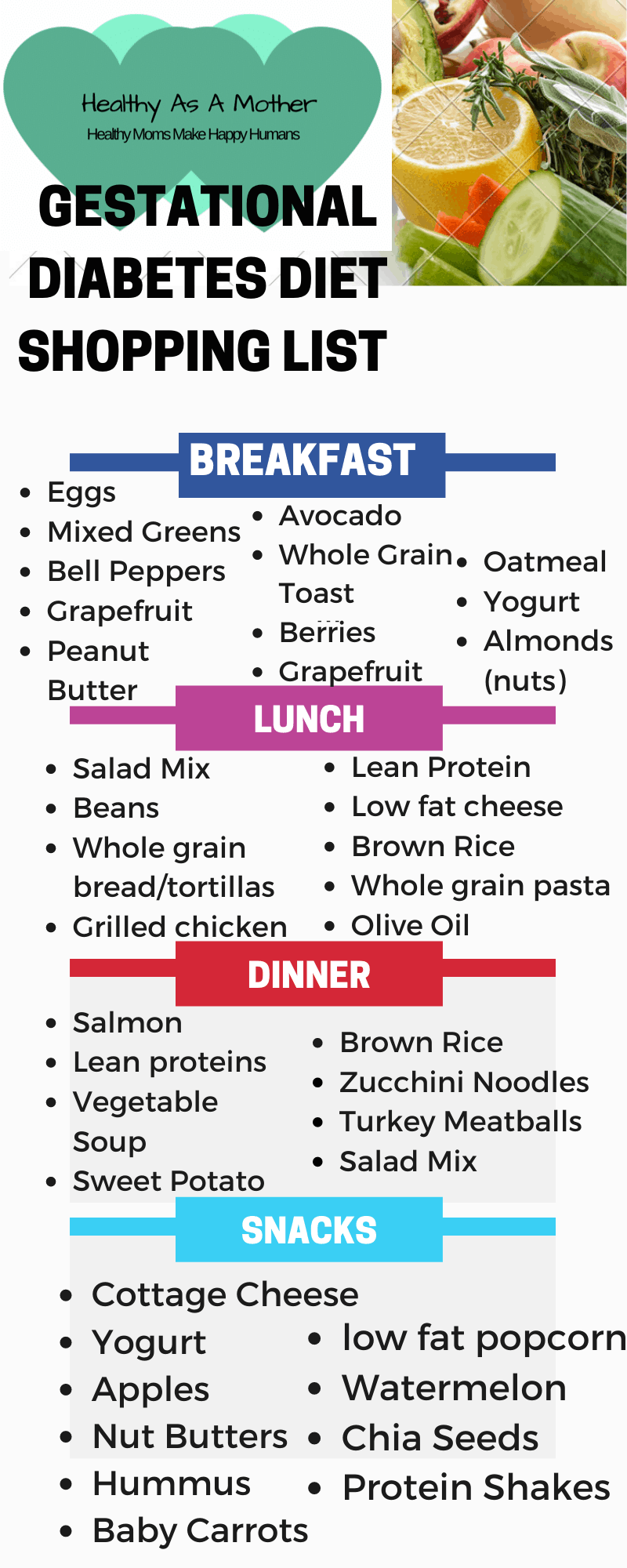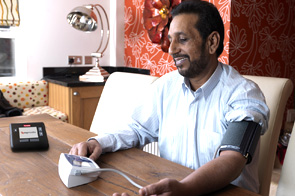How to Make a Healthy Gestational Diabetes Diet

Dieting for gestational diabetes should be one of the first steps in a healthy lifestyle. Dieting with gestational diabetes should include eating a well-balanced diet, especially with foods high in glycemic load (GL), and lower in fiber. This type of diet should also include the avoidance of certain foods, which should be limited.
GI or glycemic index of food. Eating a high GI meal is another important aspect of a gestational diet. High GI foods are foods that quickly release glucose into the bloodstream. Examples of high GI foods include bread, pasta, and rice.
Glycemic load. Foods high in starch and sugar are believed to have a high glycemic load (HGL). Foods high in GL are also called complex carbohydrates and are known to rapidly raise blood sugar levels.
Low-fat foods. Eating foods that are low in GL and low in fat may also be beneficial. The types of foods that are low in fat are called low fat foods.
Foods to avoid. The following foods should be avoided during pregnancy: fatty foods, sweets, sodas, citrus fruits, fried foods, high cholesterol foods, salt, spicy foods, and chocolate. Also, avoid foods high in sodium, such as table salt, foods high in sodium, canned vegetables, soups and sauces.
Food to eat. Foods to eat include vegetables and fruits, whole grains, beans, lean meats, seafood, legumes, beans, nuts, and seeds. These foods should be eaten in portions to provide the nutrients your body needs.
These are just a few tips on how to make a healthy diet and lifestyle for gestational diabetes. There are many more tips and tricks to help you stay healthy during this period, so be sure to check out a number of books and websites for more information on gestational diabetes and what to do and what not to do to prevent it.

Gestational diabetes is one of the most common diseases affecting pregnant women today. However, the good news is that there are steps you can take to avoid it, even when you're pregnant. A simple way to avoid it is to keep a daily record of your diet and blood glucose level. If you find that you need to monitor it more often, check with your doctor or health care provider to find out if there's something you can do.
There are some things you can do to reduce your risk of developing gestational diabetes while you're pregnant. These include:
- Maintaining a good eating plan – This may sound like common sense, but making sure to follow a healthy diet is important for your gestational diabetes diet. Include plenty of fresh vegetables, fruits, whole grains, proteins, and fibers in your meals.
- Eating on an empty stomach – Eat several smaller meals throughout the day instead of eating several large meals throughout the day. Eating a small amount of protein and carbs before going to bed can help to prevent overeating later in the day.
- Drink plenty of fluids – Drinking plenty of water is important as well. The reason being is that dehydration can increase blood sugar and cause your urine to become dark yellow or brown in color.
- Exercising regularly – While you're pregnant, you may not be able to exercise as much as usual, but making sure to do some kind of physical activity is important for your gestational diabetes diet. This is especially important if you're trying to lose weight and reduce your risk of developing gestational diabetes.

